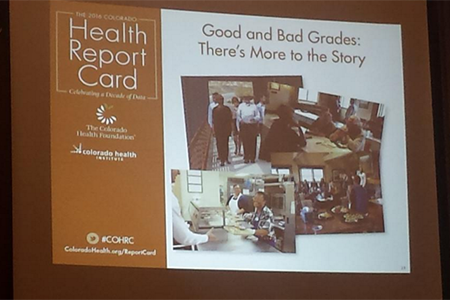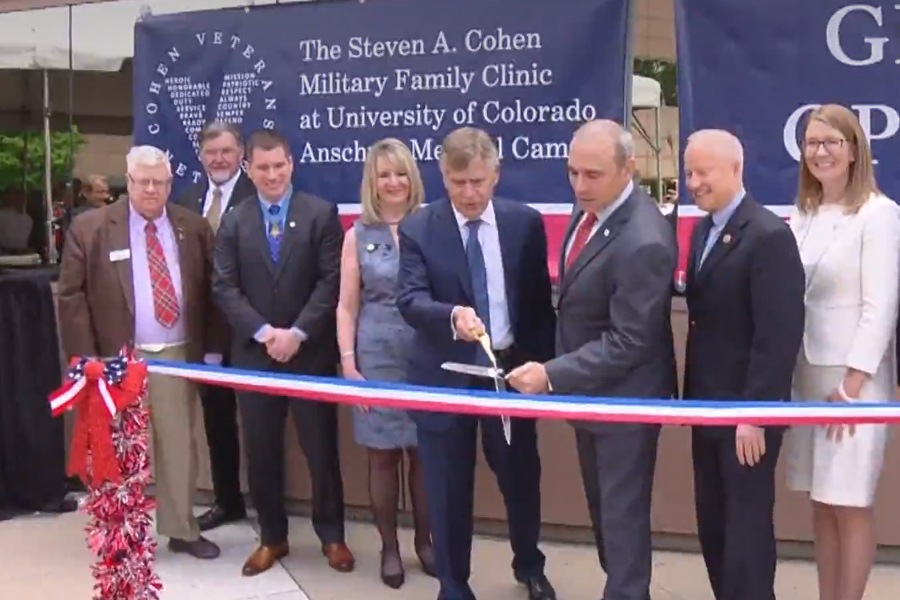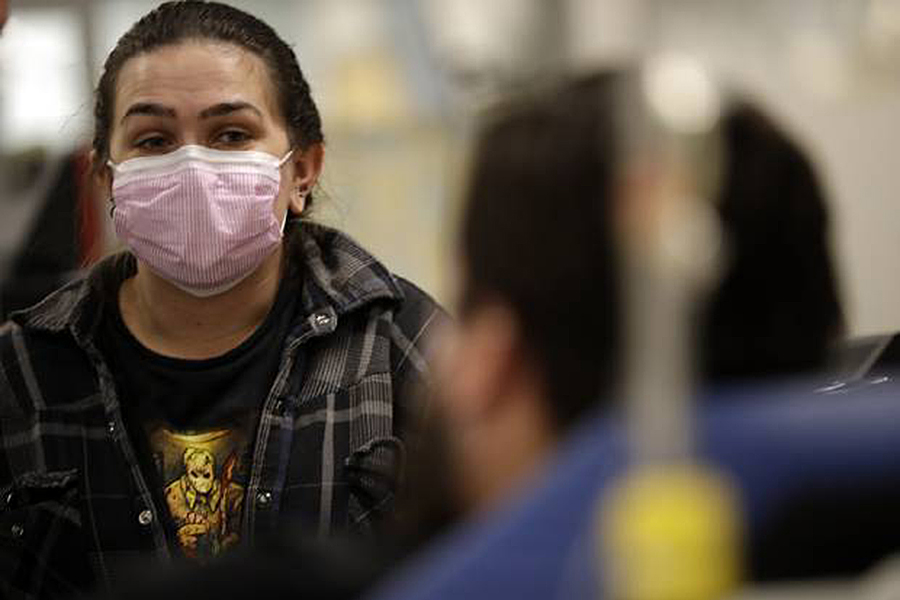By Nick Coltrain for The Coloradoan
Fermin Eddie Valdez Jr. knows the pain of missing a dialysis appointment.
The heavy limbs, the weight of extra fluids your body can’t process, the general malaise.
But when he’d miss appointments, or cut short the full four-hour treatment because state-contracted transportation providers didn’t pick him up or left him languishing for hours before doing so, discomfort wasn’t the feeling that stuck with him.
It’s the lack of self-worth that he remembers, the days spent wandering his home aimlessly, worrying about his ride to the next treatment, the hollowness of depression.
Valdez, 59, has kidney failure and is blind. He has needed dialysis since 2004 and has always relied on transportation services via Medicaid. Non-emergent medical transportation is a benefit under Medicaid that pays for rides for beneficiaries who can’t drive themselves or take public transportation to medical appointments.
Currently, the service in Colorado is managed by Veyo, a San Diego-based company that performs a similar function in seven other states. It doesn’t actually provide the rides, just the administration for coordinating rides among local providers.
The state reimbursement for nonemergency medical trips starts at 41 cents per mile for friends, family and volunteer service, depending on the level of care needed. The state will pay $20.91 for a wheelchair van just to pick someone up, and then 82 cents a mile after that.
Yellow Cab, which contracts with Veyo, charges $2.25 per mile for traditional, non-medical fares, and that’s after the $3.50 for the first ninth of a mile.
That gap is part of what advocates point to when calling for reforms that would hasten response times and shorten clients’ waits.
Veyo’s contractors aren’t always providing the level of service riders need, advocates say. They share anecdotes of elderly people with cognitive issues being dropped at medical complexes and getting lost, being left to wait for hours in lobbies or missing entire appointments. The complaints echo those of Connecticut lawmakers, where Veyo recently started operating, and those in Idaho, where a contract dispute led to Veyo pulling out of the state before its contract expired.





















